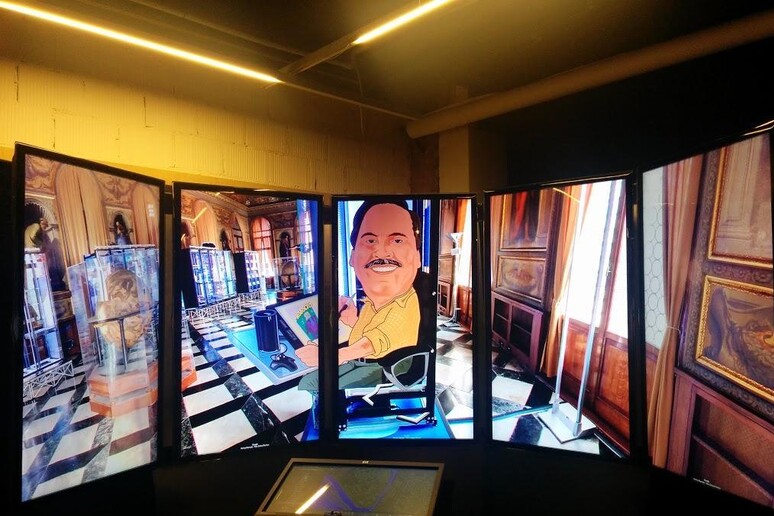A website has been created in
Italy that aims to bring together those wanting to invest in
culture and those that have a project in mind.
Upaperlacultura.org is the first ever website to promote
''the culture of investing in culture'' and it was presented by
Utenti Pubblicità Associati (UPA), an umbrella group for 500
enterprises that invest in advertising and communication in
Italy and account for 90% of the entire market.
''We represent about 9 billion euros in investment per
year,'' said president Lorenzo Sassoli de Bianchi.
''In recent times we have seen a drop in the culture sector
due to the crisis, as well as a lack of easy mechanisms that
bring together those seeking and those financing.
"Spending on culture in Italy totals 1.2% of GDP compared
with a European average of 2.2%. In 2016, for the first time, we
will see an inversion of the trend, thanks to an increase in
ministry funds and the Art Bonus Stabilization. This is a change
of direction that we hope will continue and grow.''
He went on to say that ''we thought up a website that over
time can constitute an open database of dynamism for cultural
institutions.''
Upaperlacultura.org is thus the first private, non-profit,
free website aiming to bring together cultural institutions and
enterprises, with two specific sections for them.
In the first there is a form to describe a project to be
implemented, to be presented one year for the next and at least
6 months in advance; in the second are all the projects
inserted, among which enterprises can select based on
geographical area and type of activity.
''Today we can finally consider things based on solid
benchmarks, which have always been lacking in this sector," said
Minister Dario Franceschini.
"The ideological, foolish barrier that kept private
companies away from the public ones with respect to other
countries is largely due to the public sector,'' he said.
''In Italy, with some exceptions, there is no culture of
patronage - for small donors as well as for large entrepreneurs
who feel obliged to give something back to the community. Of
course, where it is, this sensitivity has been helped through
fiscal incentives, but the main thing is the educational and
sociological side.
"We are now working on large cultural attractions so that
part of the funds will be for the recovery of the cultural good
itself and part for what surrounds it, for which we need the
know-how of private entities.
"I will make a very specific appeal: I would like 20 large
Italian enterprises to each adopt one of the 20 museums that we
have made autonomous, becoming their main partner. We are ready
to get them involved in their governance, as well,'' he said.
ALL RIGHTS RESERVED © Copyright ANSA











